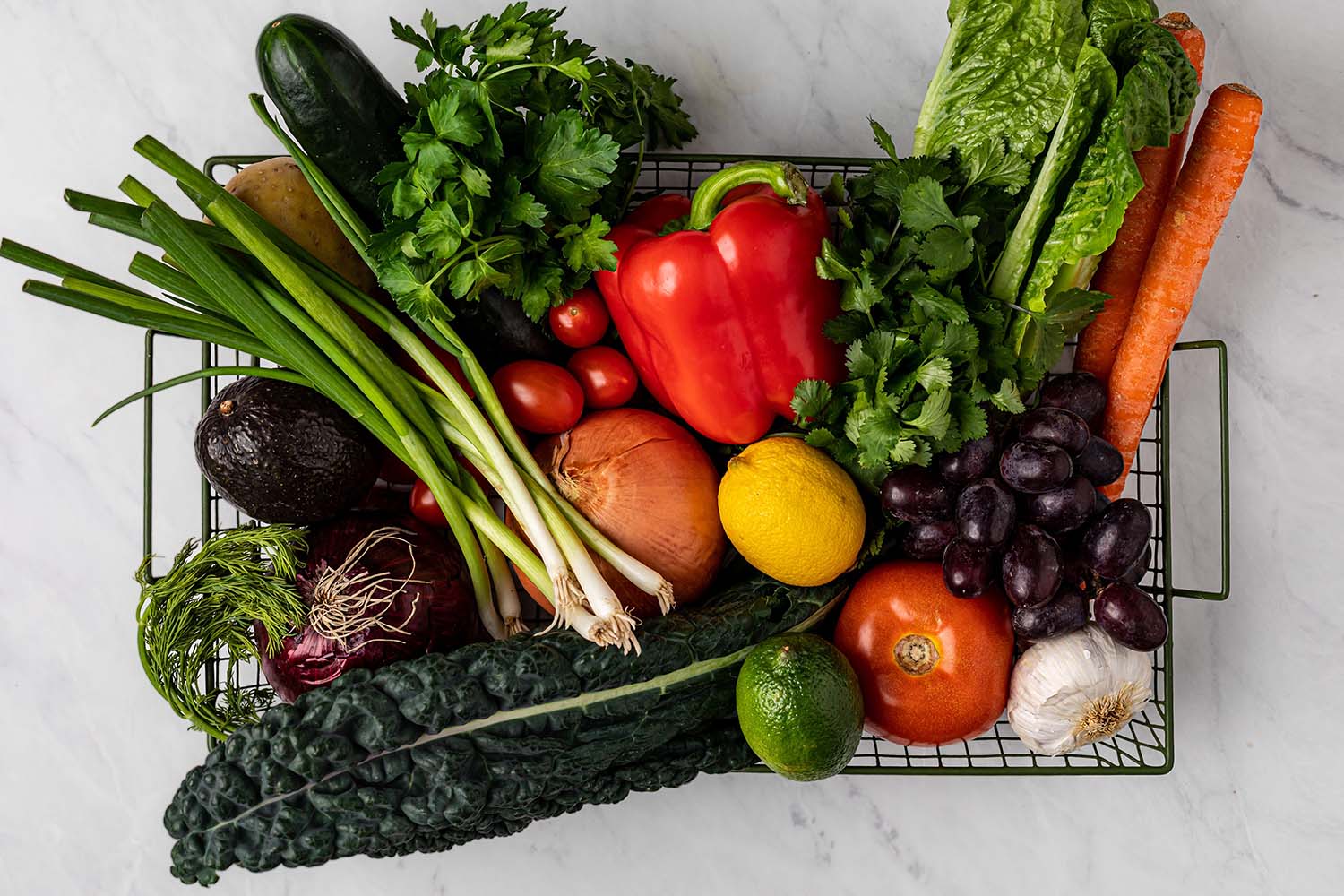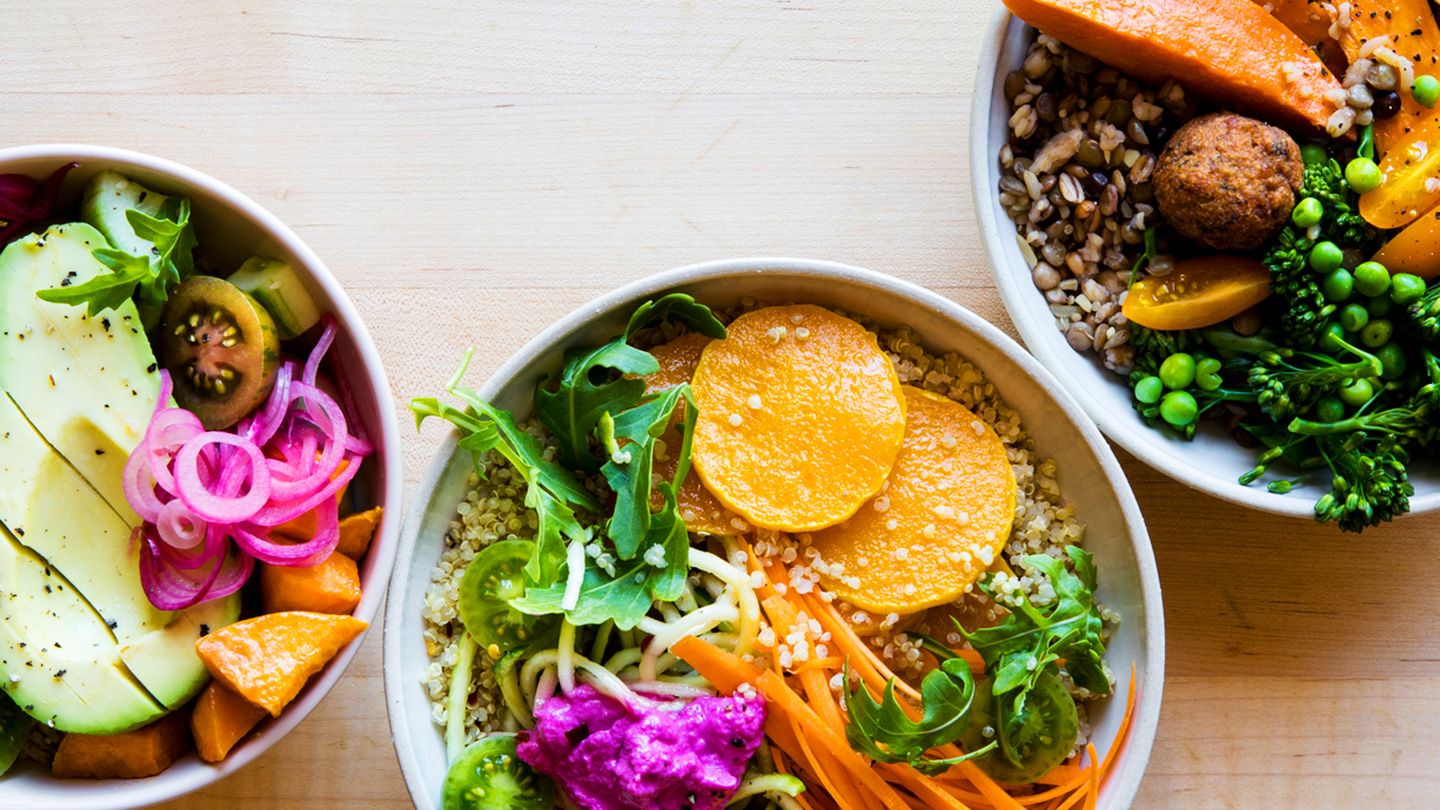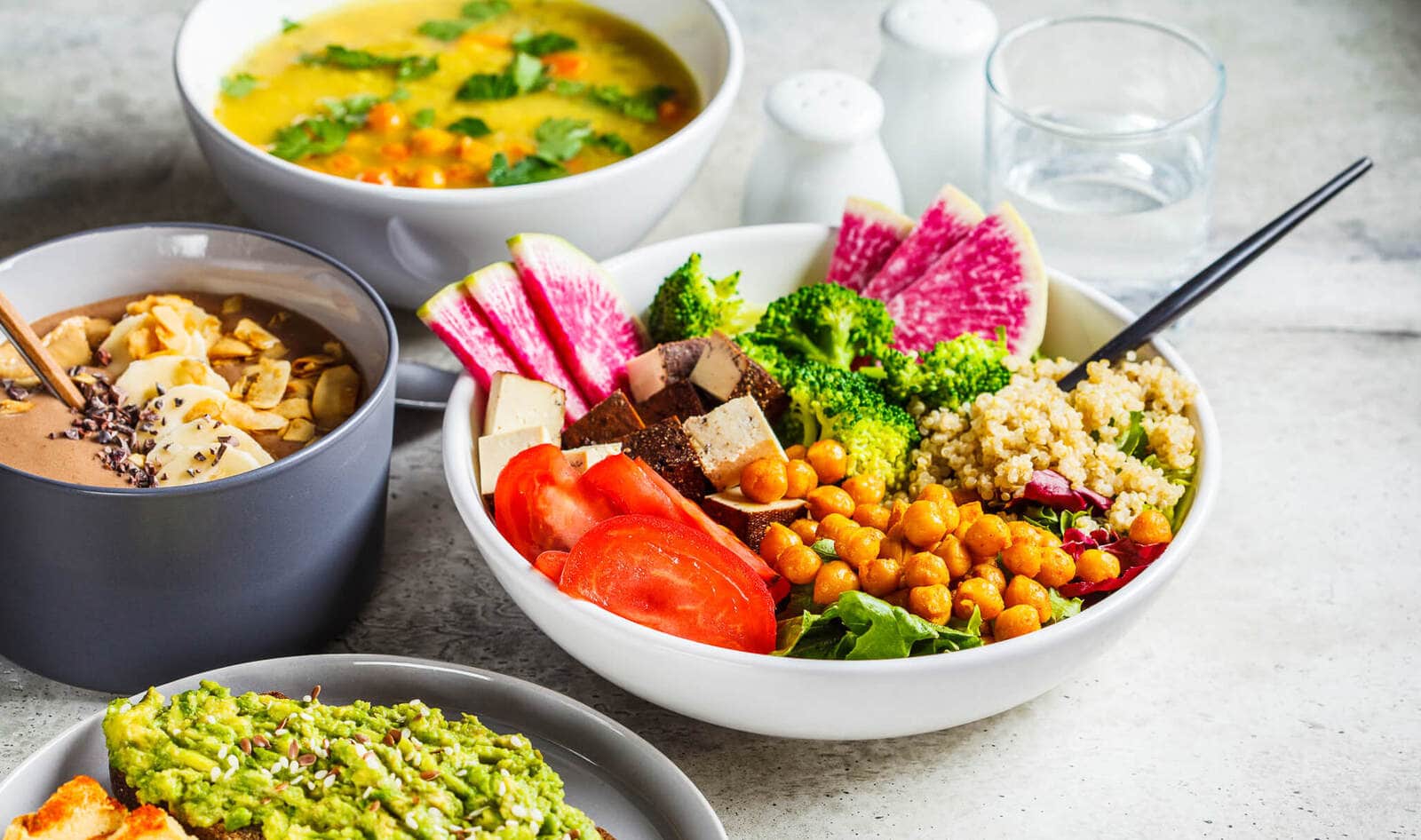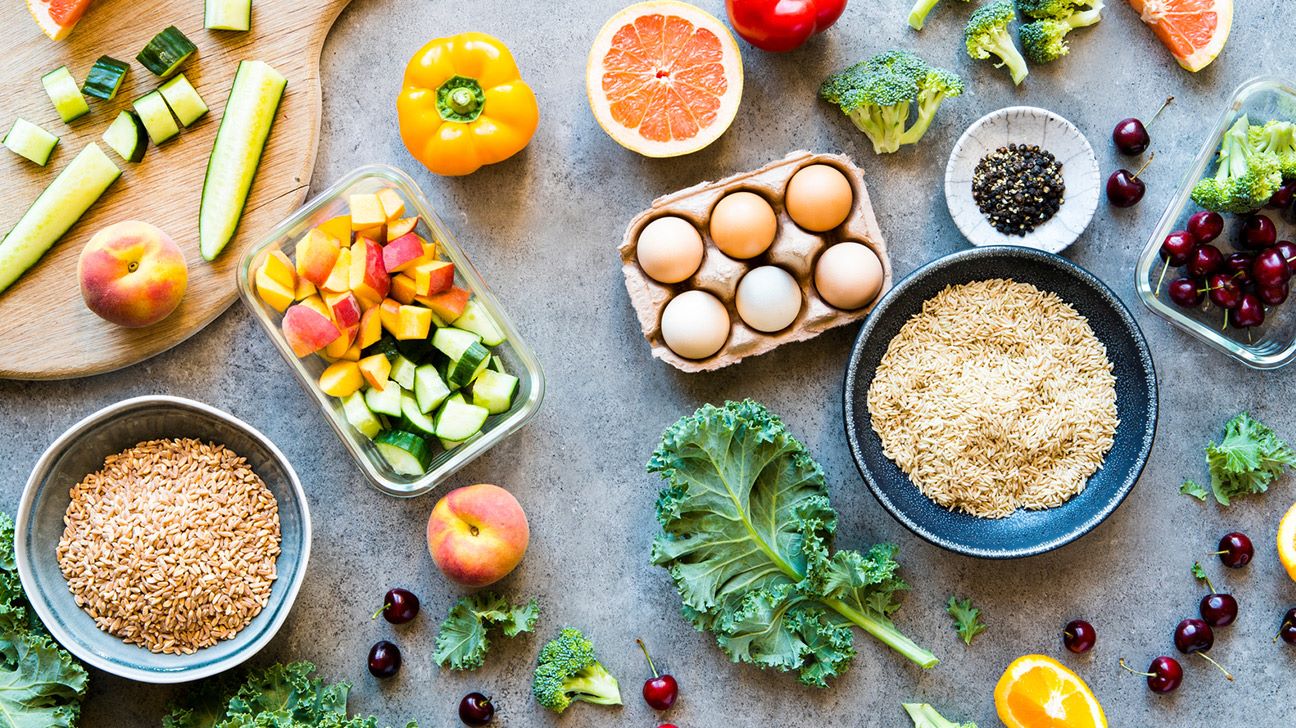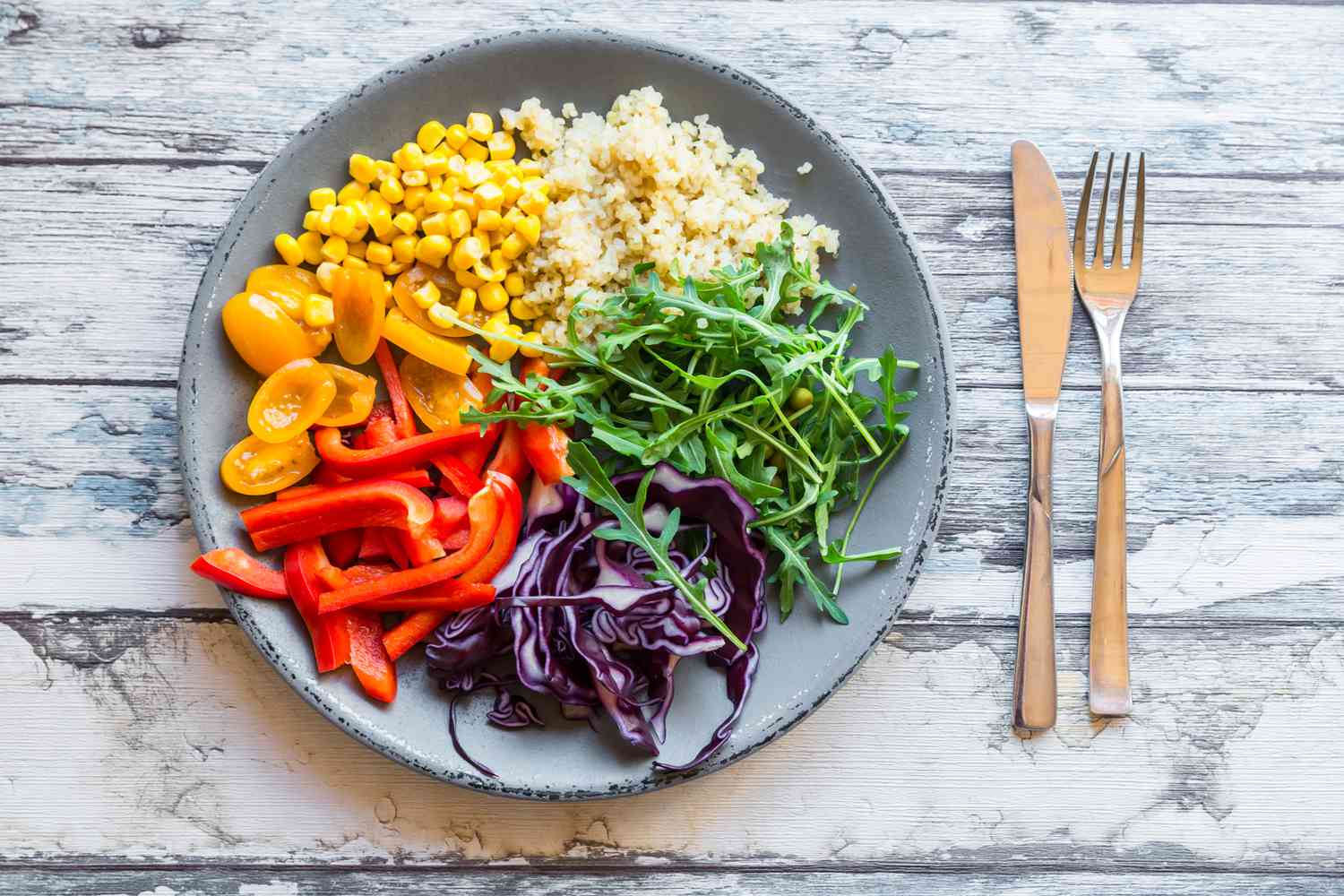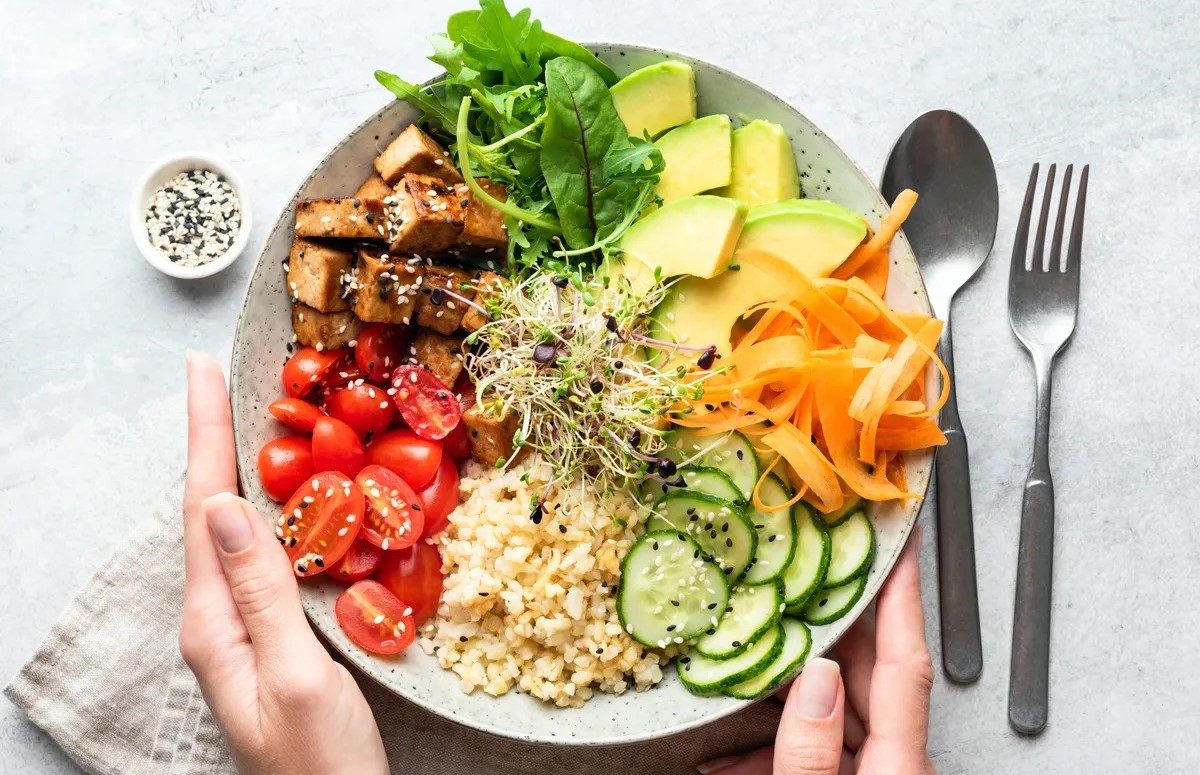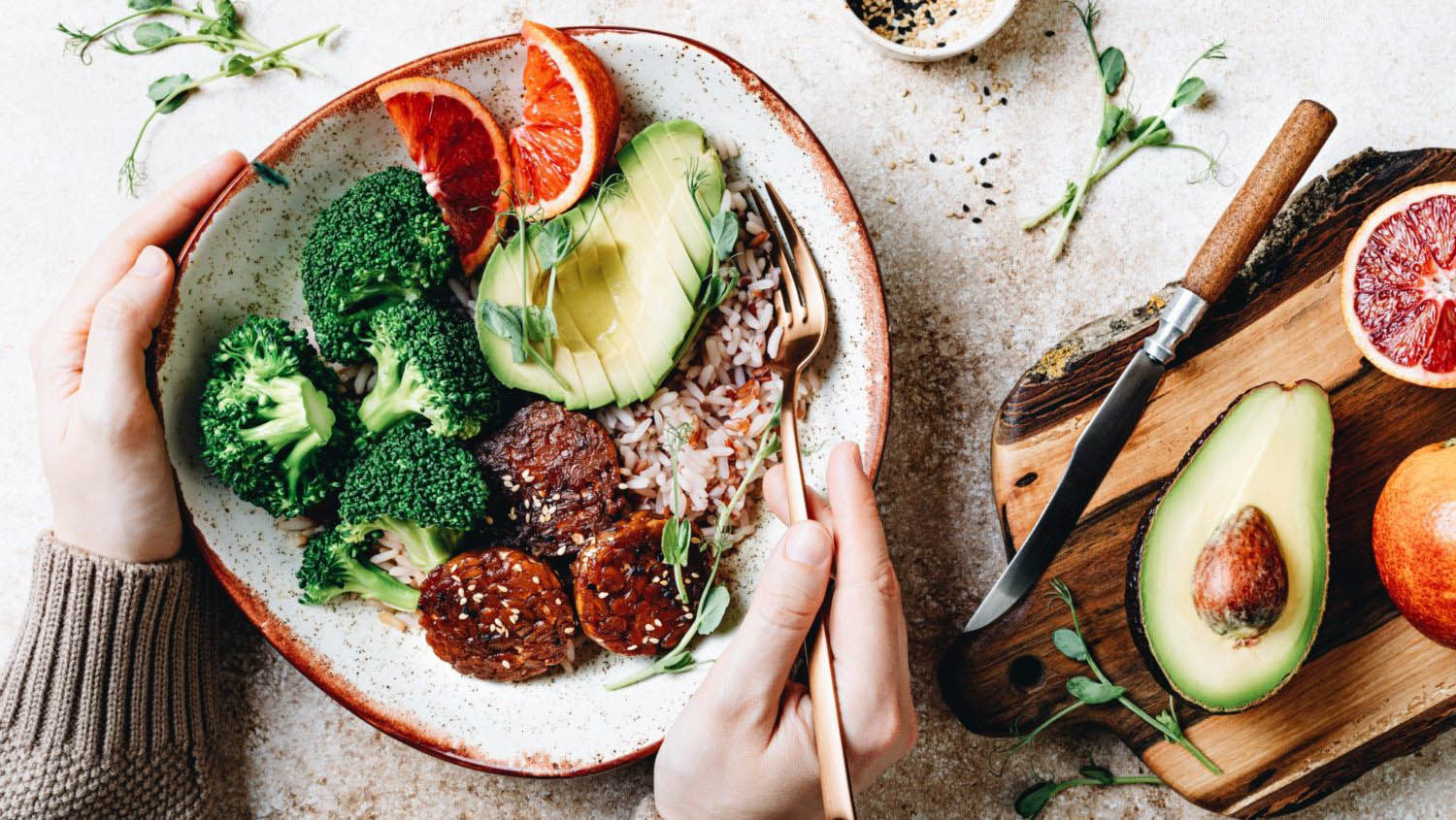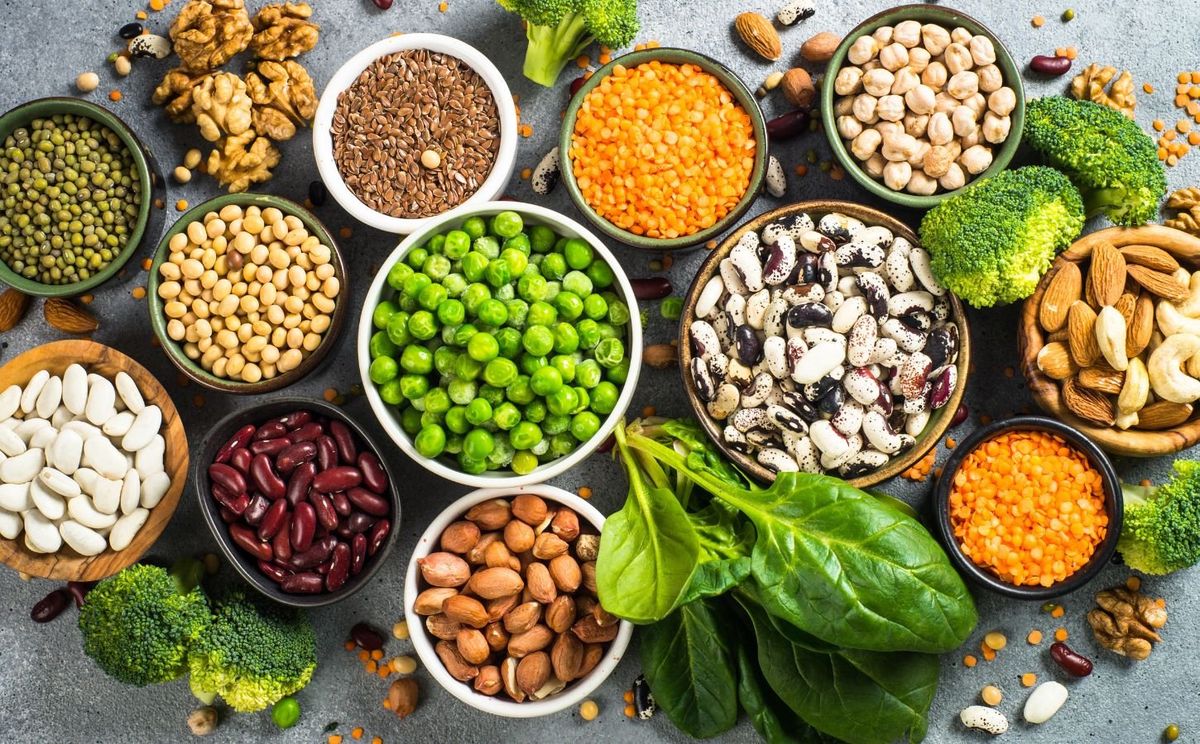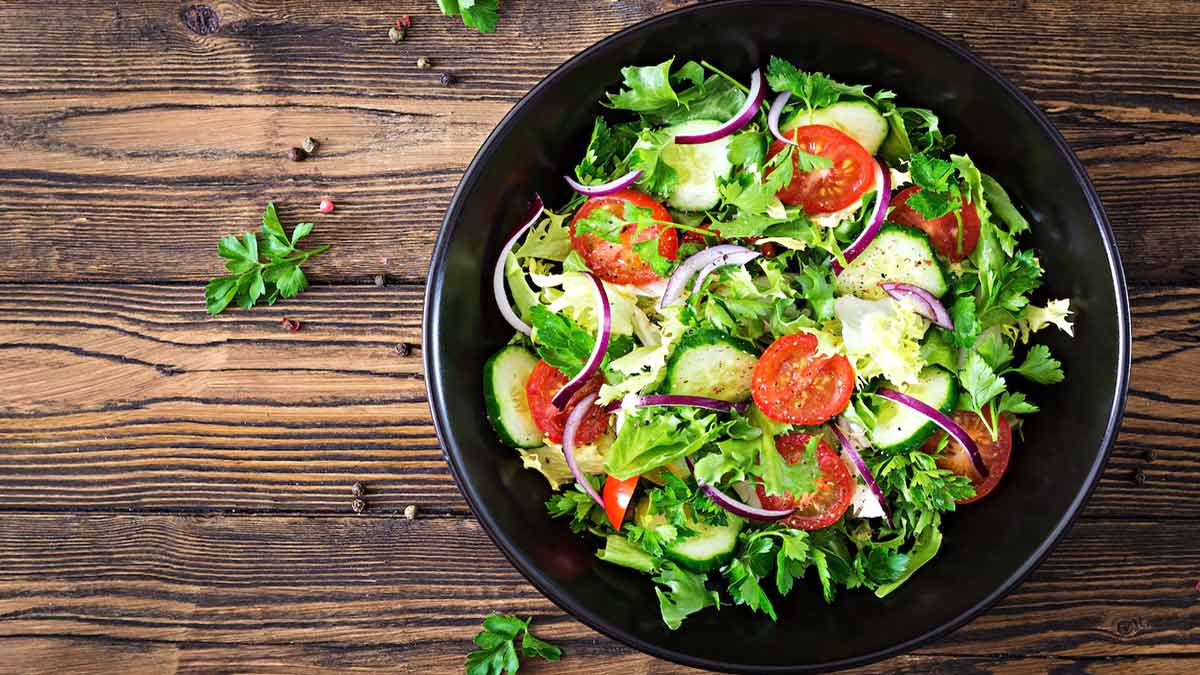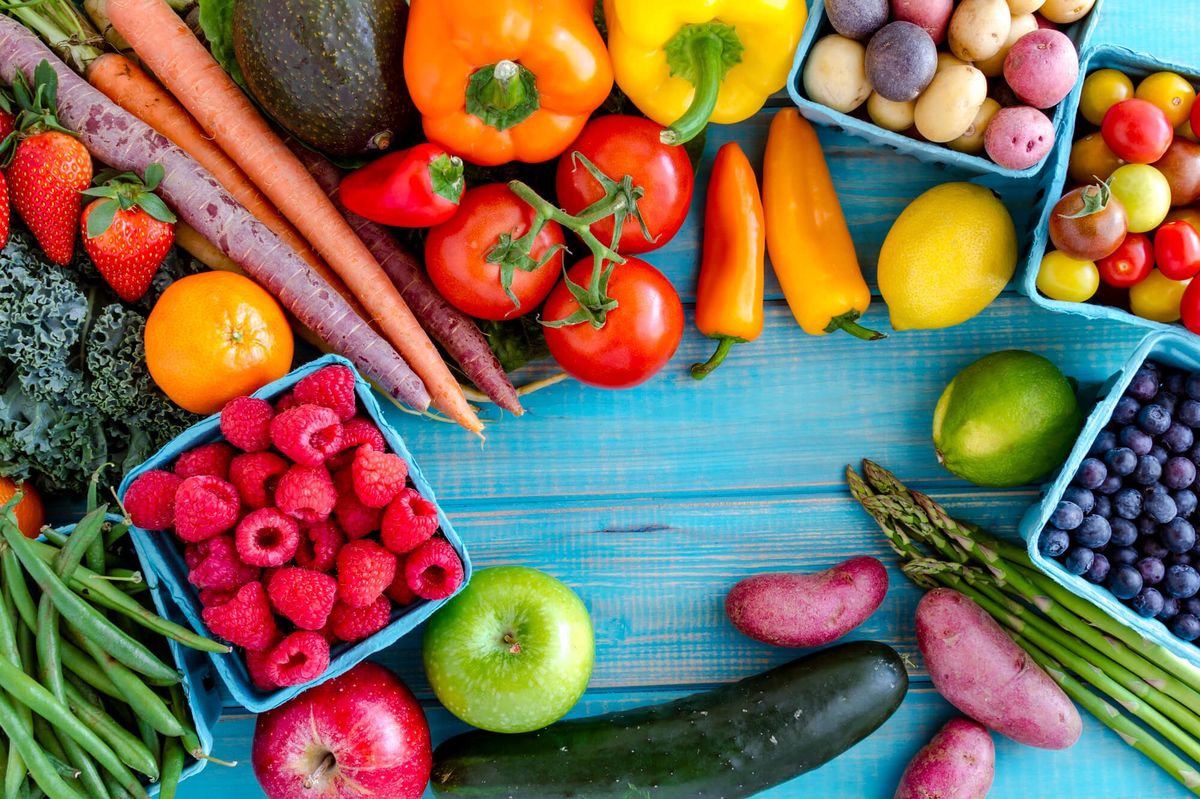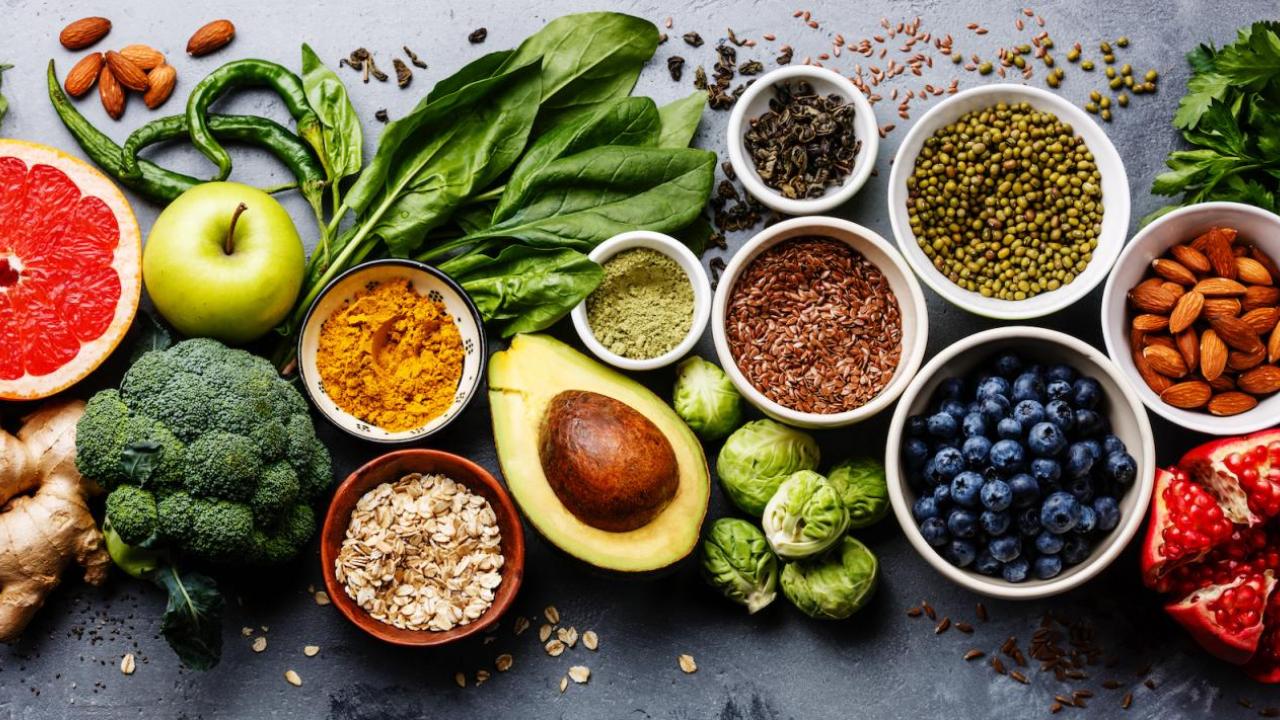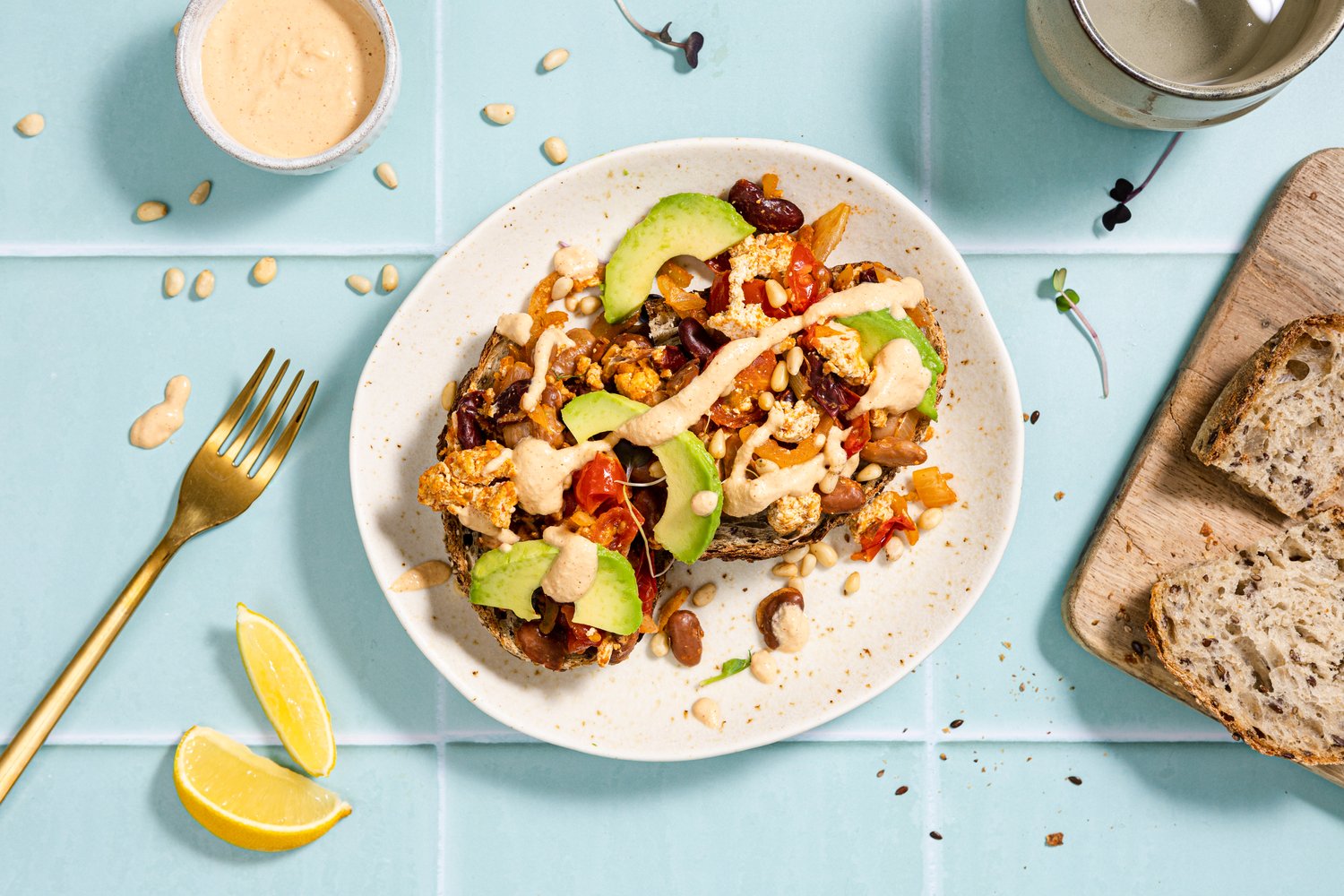What Is A Plant-Based Diet?
With the growing awareness of the importance of a healthy lifestyle, many people are turning to plant-based diets as a way to improve their overall well-being. But what exactly does it mean to follow a plant-based diet? Let’s dive in and explore!
A plant-based diet is centered around consuming foods derived from plants such as fruits, vegetables, whole grains, legumes, nuts, and seeds. While it may sound similar to being a vegetarian or vegan, a plant-based diet focuses more on the types of foods consumed rather than the exclusion of animal products.
Benefits of a Plant-Based Diet
There are numerous benefits associated with adopting a plant-based diet. Let’s take a look at some of the key advantages:
- Improved Heart Health: Eating a plant-based diet can lower the risk of heart disease and high blood pressure. Fruits and vegetables rich in antioxidants and fiber contribute to a healthy cardiovascular system.
- Weight Management: Plant-based diets tend to be lower in calories and higher in fiber, aiding in weight management and promoting a healthy body weight.
- Reduced Risk of Chronic Diseases: Studies have shown that a plant-based diet can help reduce the risk of developing chronic conditions such as type 2 diabetes, certain cancers, and obesity.
- Increased Nutrient Intake: By focusing on plant-based foods, individuals are more likely to consume a wide range of essential nutrients, including vitamins, minerals, and antioxidants.
- Environmental Sustainability: Plant-based diets have a lower environmental impact compared to diets that heavily rely on animal products. They require less water, land, and resources, making them more sustainable for our planet.
How to Transition to a Plant-Based Diet
Transitioning to a plant-based diet doesn’t have to be overwhelming. Here are some tips to help you get started:
- Gradual Approach: Start by incorporating more plant-based meals into your diet each week. Replace one or two meat-based meals with plant-based alternatives.
- Experiment with Recipes: Explore new plant-based recipes, try different cooking methods, and experiment with a variety of herbs and spices to enhance flavors.
- Stock up on Plant-Based Staples: Fill your pantry with nutritious staples such as beans, lentils, whole grains, nuts, and seeds. These will be the building blocks of your plant-based meals.
- Stay Educated: Stay informed about plant-based nutrition to ensure you’re meeting your nutritional needs. Consult with a registered dietitian or nutritionist if needed.
- Embrace Variety: Don’t be afraid to try new fruits, vegetables, and plant-based proteins. Embracing a variety of foods will help you enjoy a well-rounded plant-based diet.
Final Thoughts
A plant-based diet emphasizes the consumption of nutrient-dense plant foods while minimizing or excluding animal products. It offers a wide range of health benefits and contributes to sustainable living. Remember, it’s important to personalize your approach and listen to your body’s needs during the transition. So why not embark on this exciting journey towards a healthier, more plant-focused lifestyle?
At OpenAI, we believe in empowering individuals to make informed choices about their nutrition. Stay tuned for more informative articles to help you on your path to a healthier and more sustainable lifestyle!
